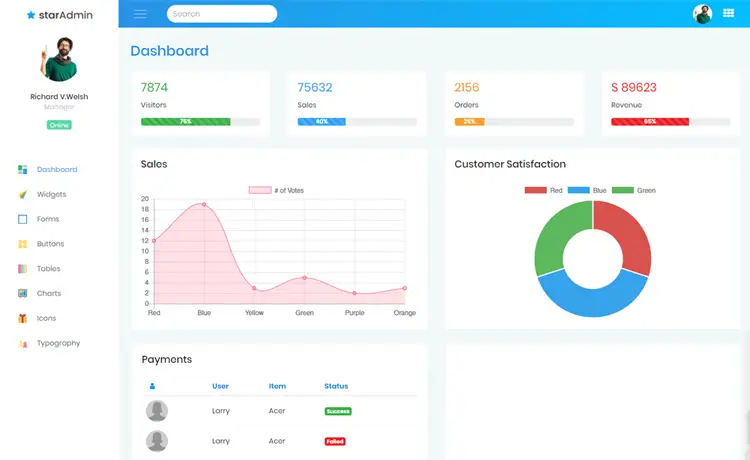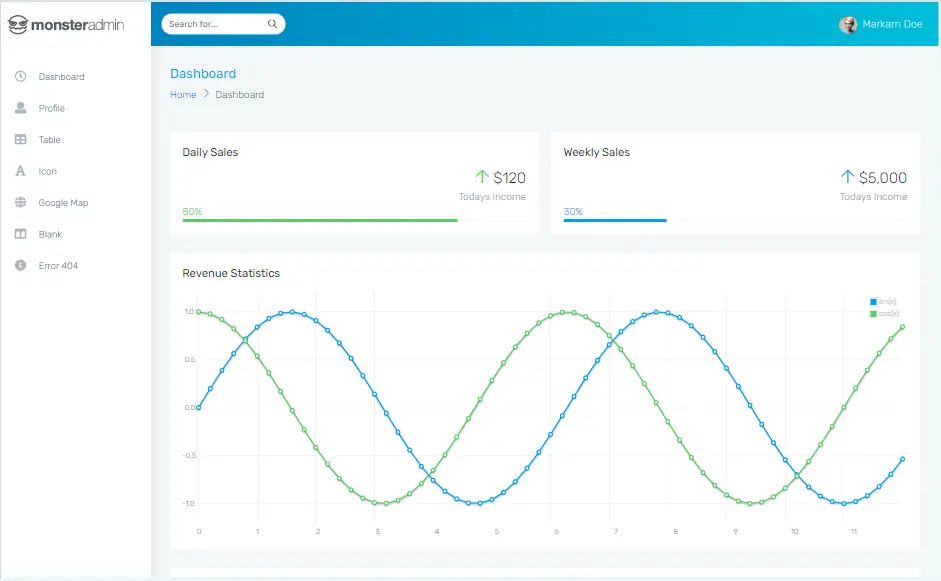Billion Laughs XML DoS Attack on .NET Framework C# Xml Parser
By Tan Lee Published on Feb 14, 2025 327
This attack, also known as an XML bomb or exponential entity expansion attack, can overwhelm an XML parser by causing it to recursively expand XML entities, potentially leading to high memory and CPU usage.
How the Attack Works
To understand the Billion Laughs attack, we need to grasp the concept of XML entities. An XML entity is a symbolic reference to data, similar to a variable in programming. Entities are defined in the Document Type Definition (DTD) and are expanded by the XML parser when encountered.
For example:
<!ENTITY cheese "Mozarella and Cheddar">
Using the entity in the XML would look like this:
<somenode>My Favorite cheeses are: &cheese;</somenode>
The parser expands the entity &cheese; into the defined value, resulting in:
<somenode>My Favorite cheeses are: Mozarella and Cheddar</somenode>
The Billion Laughs attack exploits this by defining entities that reference each other in a recursive and exponential manner. This leads to excessive resource consumption as the parser attempts to expand all entities.
Reproducing the Attack in C#
To simulate this attack in a safe environment, create a file named billion_laughs.xml on your desktop with the following content:
<?xml version="1.0"?> <!DOCTYPE lolz [ <!ENTITY lol "lol"> <!ENTITY lol2 "&lol;&lol;&lol;&lol;&lol;&lol;&lol;&lol;&lol;&lol;"> <!ENTITY lol3 "&lol2;&lol2;&lol2;&lol2;&lol2;&lol2;&lol2;&lol2;&lol2;&lol2;"> <!-- Continue defining entities up to lol15 --> ]> <lolz>&lol15;</lolz>
This file defines entities that recursively expand, leading to a massive number of instances of the string "lol".
Using the .NET XmlDocument class to parse this file:
using System.Xml;
XmlDocument doc = new XmlDocument();
doc.Load("C:\\Users\\YourUsername\\Desktop\\billion_laugh.xml");When the file is loaded, you will experience a significant increase in memory and CPU usage, and eventually, an exception may occur:
System.Xml.XmlException: 'The input document has exceeded a limit set by MaxCharactersFromEntities.'
Preventing the Attack
In .NET, the XmlDocument class has a built-in safety mechanism with the MaxCharactersFromEntities property, which limits the number of characters that can be expanded from entities, preventing the attack from overwhelming the system.
You can further secure your application by using the XmlReader class with custom settings:
using System.Xml;
XmlReaderSettings settings = new XmlReaderSettings();
settings.DtdProcessing = DtdProcessing.Parse;
settings.MaxCharactersFromEntities = 1024;
XmlReader reader = XmlReader.Create("C:\\Users\\YourUsername\\Desktop\\billion_laugh.xml", settings);This will allow you to process XML documents while protecting against DoS attacks by enforcing a reasonable limit on entity expansion.
In recent versions of the .NET Framework, you are generally protected from the Billion Laughs XML DoS attack, but it's important to remain cautious. Always use the XmlReaderSettings class to configure sensible limits for entity expansion when processing potentially untrusted XML documents.





